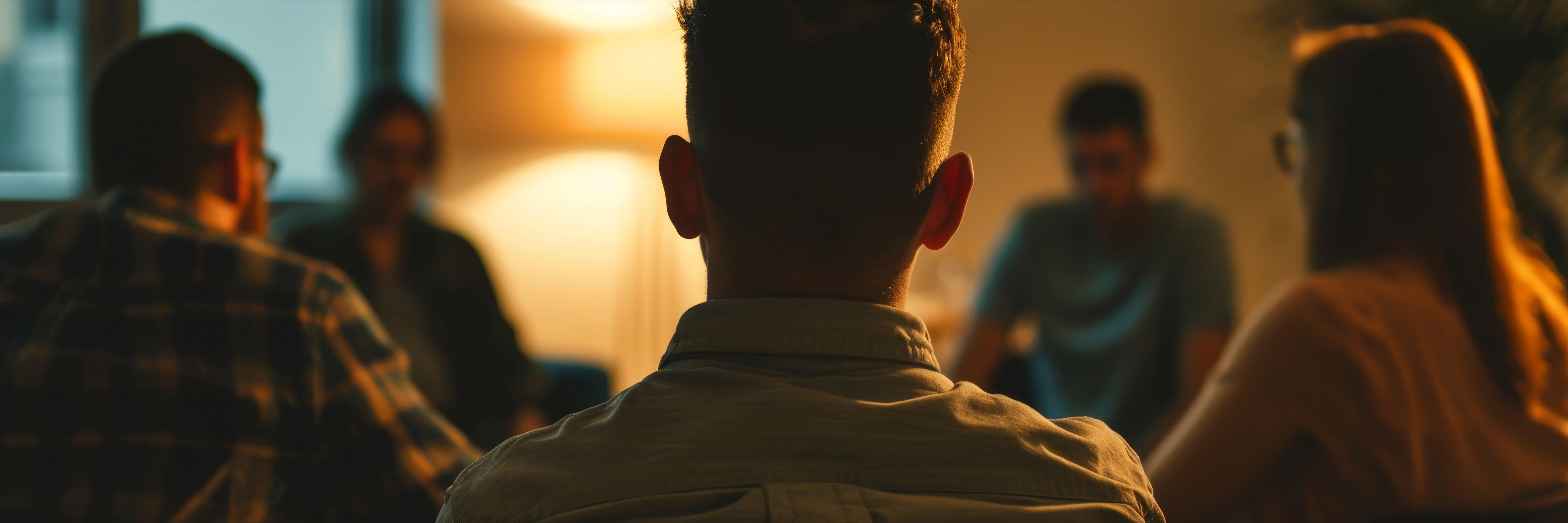DOES SOMEONE YOU LOVE NEED HELP
DONT WAIT!
CALL TODAY!
WE ARE HERE
Your Road To Recovery Begins Here
Make Seaquell House Your Home Away From Home
Opiate Addiction
Opioids encompass a spectrum of substances, including synthetic opioids like fentanyl, prescription pain relievers such as oxycodone and hydrocodone, and illicit drugs like heroin and morphine. Their use, either alone or in combination with other substances, has contributed significantly to the ongoing drug overdose crisis in the United States.
Illegally manufactured fentanyl and other potent synthetic opioids have been primarily responsible for the majority of overdose deaths in recent years. These substances are frequently mixed clandestinely with other drugs, increasing the risk of unintentional consumption and exacerbating the likelihood of overdose.

Deaths
have occurred from opiate overdose in 2023
Percent
of people who take prescription medications develop an addiction to them
Percent
of people on prescription opioids for chronic pain misuse them
People
die every day from opiate overdose
what makes us different
Residential Addiction Treatment
Behavioral Therapy:
Ongoing cognitive behavioral therapy helps patients learn to cope with cravings and any other lingering issues associated with their addiction.
Family Therapy:
In some instances, patients may benefit from working through addiction with the inclusion of family. This therapy aims to improve relationships and work through situational problems to ensure a successful recovery.
Medical Treatment:
Medications are available to reduce the unpleasant symptoms of drug and alcohol detox as well as prevent cravings. These may be oral or injected medications.
Group Therapy:
Patients work together with others in treatment to establish a strong supportive foundation for recovery.
Holistic Treatments:
These focus on restoring the mind, body and spirit through yoga, meditation, and natural remedies.
Nutritional Therapy:
Due to the detrimental effects drugs and alcohol have on the body, nutrition is key to rebuilding health.
Treatment for Opiate Addiction
Opiate Addiction Detox
Treating opioid addiction usually involves detoxification because of the intense withdrawal symptoms that occur when a person uses opioids over an extended period. This prolonged use creates a chemical dependency in the brain.
This dependency makes it extremely difficult for users to quit on their own. Abrupt cessation can lead to severe withdrawal symptoms, including the risk of sudden death, loss of consciousness, paranoia, seizures, and additional trauma. Therefore, opioid withdrawal treatment in a professional detox center is crucial for many individuals. In these settings, medications and various treatment options are used to alleviate the severity of withdrawal symptoms.
Medical Treatment
Medical interventions, including medication-assisted treatment with substances like methadone, buprenorphine, and naltrexone, enhance therapeutic efforts by managing withdrawal symptoms ensuring a safe and comfortable transition.
– Buprenorphine: An opioid partial agonist that functions similarly to methadone, it reduces cravings and alleviates withdrawal symptoms. Close physician supervision is necessary to determine the appropriate dosage.
– Naltrexone: A non-addictive opioid antagonist that blocks the sedative and euphoric effects of opioids. It can only be administered after a complete detox from opioids and is not safe during pregnancy.
– Vivitrol: This injectable medication prevents relapse by inhibiting the release of dopamine triggered by opioids.
Residential Treatment
After completing initial detox therapy, many individuals may transition into residential treatment. This phase of the treatment process is particularly beneficial for those with severe addiction, unstable home environments, or other factors placing them at high risk for relapse.
This program duration typically ranges from several weeks to several months, tailored to meet the individual’s specific needs. During residential treatment, patients reside in a rehabilitation facility to receive continuous treatment and support within a secure environment. This setting helps eliminate negative influences and triggers that could contribute to substance use.
Outpatient Treatment
After detox, outpatient treatment options become available to patients. In all outpatient cases, individuals adhere to a structured schedule for receiving care while residing in their homes or another stable environment.
Regardless of the intensity, outpatient treatment focuses on providing ongoing behavioral therapy, individual and group counseling sessions, and medication assistance as needed. Customized treatment plans are developed to address each patient’s specific needs.
Impact of Opiate Addiction
Opiates are inherently unsafe when used frequently. It’s crucial to examine the profound impacts they can have on the lives and health of individuals grappling with addiction.
Withdrawal symptoms
Withdrawal meds
Holistic Treatments
Most insurance accepted
We have you
Covered
Seaquell House Scholarship for Treatment Application
We will reach out to you
Don't hesitate to become part of the Seaquell House Family
Visit us
8401 S Palm Dr.
Pembroke Pines, Florida 33025
Email Us
754-778-5902
Follow us
